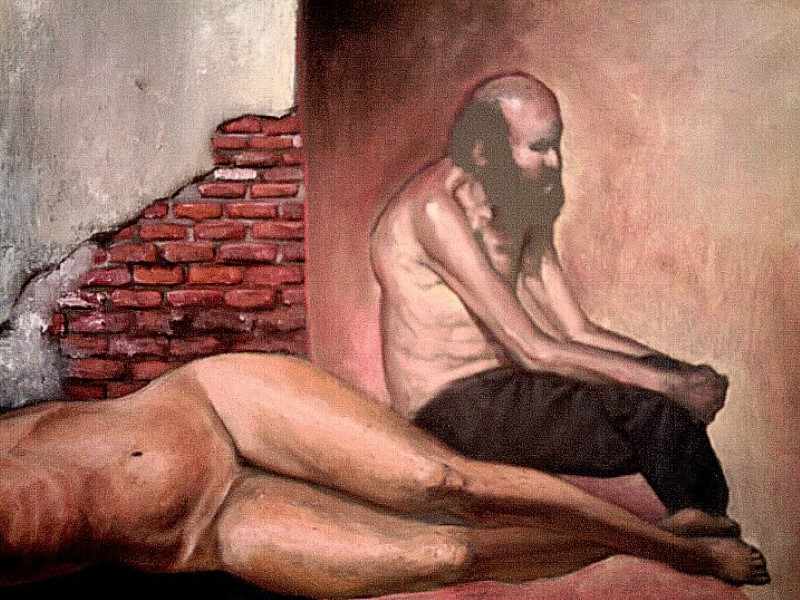Philosophical thinking, teachers in initial training and intercultural intervention in primary education
Published 2024-01-23
Keywords
- pensamiento filosófico, formación docente, interculturalidad, intervención didáctica, filosofía para niñas y niños.
How to Cite
Abstract
The reasons and processes of the immersion of philosophical thinking in Normal schools deal in two senses: the methodological work in the seminar that takes place in the course Philosophy and Sociology of Education, as well as in the theoretical and didactic exercise carried out by teacher trainees during the design, implementation and evaluation of learning situations with a critical and intercultural approach in elementary schools. Both interventions correspond to a curricular approach based on capabilities through the development of domains and performances described in the Bachelor's Degree’s professional profile for primary school teachers, specifically those related to the philosophical thinking behind three conceptions of education: as means for the reproduction of culture, as an instrument for innovation, and the critical and dialectical conception of it. The last approach is embedded in the proposal called Philosophy for girls and boys. This paper delves into the teacher trainees' learning, teaching, and dialectic processes in order to develop the knowledge and capabilities to intervene and face new teaching challenges for the sake of the transition through the New Mexican School.
Keywords: philosophical thinking, teacher training, interculturality, didactic intervention, philosophy for girls and boys.

